- BlackVoter.Org
- Posts
- BLACKVOTER.ORG #53
BLACKVOTER.ORG #53


Did you know that….!? Black Americans are overrepresented in the criminal justice system, comprising 33% of the incarcerated population? Explore with us the systemic inequalities within the justice system and pathways to reform and rehabilitation.
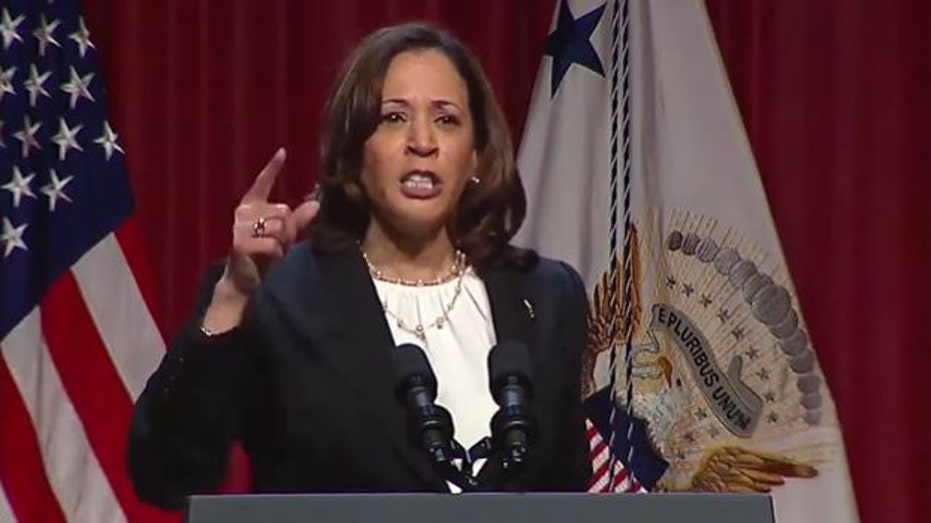
Vice President Kamala Harris is facing criticism for hosting private dinners with Black men in an effort to shore up support among Black voters. Political strategist Scherie Murray called the initiative "pandering" and accused the Biden administration of trying to secure a voting bloc that they have taken advantage of in the past. Recent polls show a shift in support among Black voters, with former President Donald Trump gaining traction among this group. Additionally, Biden's support among Black voters has dropped significantly since the 2020 presidential election. Critics argue that the ailing economy and issues such as illegal immigration may be contributing factors to this decline in support.

In this engaging article, the author highlights the issues that Black women face leading up to the 2024 election. The author emphasizes that Black women's issues should not be limited to reproductive freedom and maternal health and that politicians need to address a wider range of concerns. Some key highlights from the article include:
• Women outnumbered men in college classrooms in 2022 and are more likely to graduate in four years, but they also face higher student loan debt, especially Black women who have the highest level of student debt following graduation.
• Women, especially Black women, earn significantly less than men, with the gender pay gap only closing by two cents in the past 20 years.
• The cost of childcare is a major barrier to women's economic well-being, often making it more expensive for women to work than to stay at home.
• Women voters care about healthcare, especially after a right-wing judge struck down a key provision in Obamacare.
• Reproductive freedom is a significant issue for women, with the overturning of Roe v. Wade and the continuous attacks on reproductive rights.
• Housing, the environment, public safety, and diversity and inclusion programs are other important issues for women.
The author encourages politicians to address these issues and emphasizes that earning the women's vote is critical for winning the future.
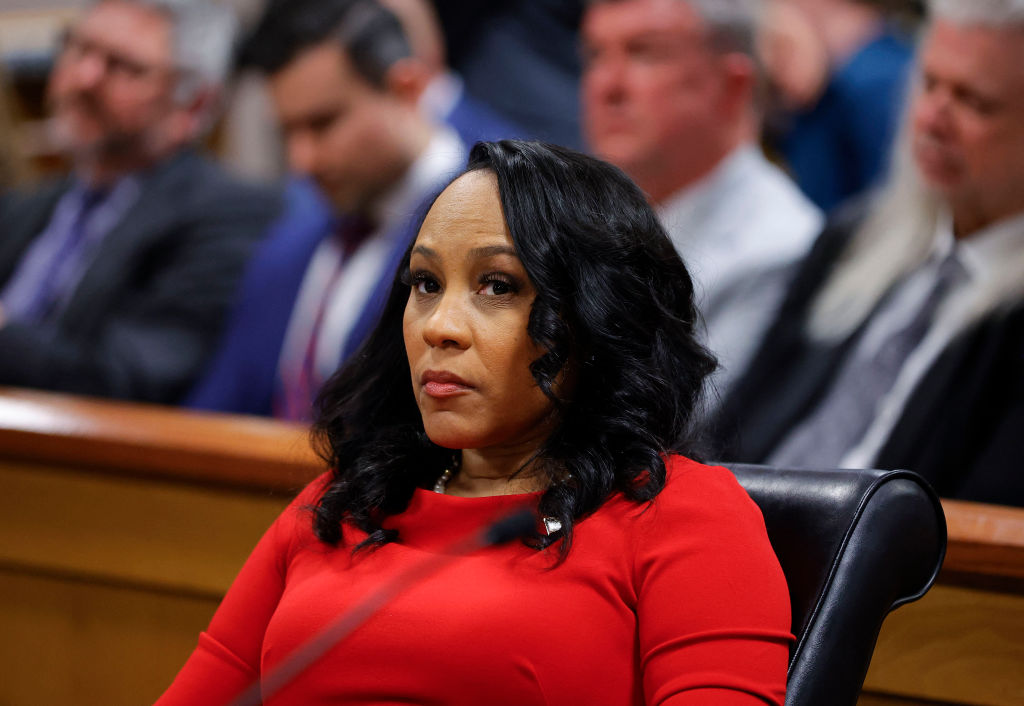
In Georgia, lawyers associated with the MAGA movement are seeking to appeal a decision made by Fulton County District Attorney Fani Willis to prosecute the RICO case against former President Donald Trump and his associates. The lawyers argue that Willis should be disqualified from the case due to an alleged romantic relationship between Willis and the special prosecutor she appointed to the case, Nathan Wade. However, their arguments lack sufficient evidence to support their claims. Fulton County Superior Court Judge Scott McAfee ruled earlier this year that the relationship did not constitute ethical misconduct or a conflict of interest. Though McAfee did require either Willis or Wade to recuse themselves from the case, Trump's legal team is still attempting to delay the case and attack Willis. The case will now be reviewed by a Georgia appeals court.
A recent Zogby Analytics poll revealed that 34% of young Black voters and 19% of Hispanic voters have experienced food insecurity under Bidenomics. The survey found that 14% of overall respondents went without food for 24 hours due to a lack of money or food. The high price of food and inflation have particularly affected Black voters, with 34% of Black voters ages 18-24 experiencing food insecurity in the past month. Rural Black voters were also more likely to experience food insecurity compared to their urban or suburban counterparts. Hispanic voters, who are also crucial to President Joe Biden's coalition, have experienced higher rates of food insecurity, especially younger voters. The article questions whether these hardships could lead to a decline in support for Biden among these minority voter groups.
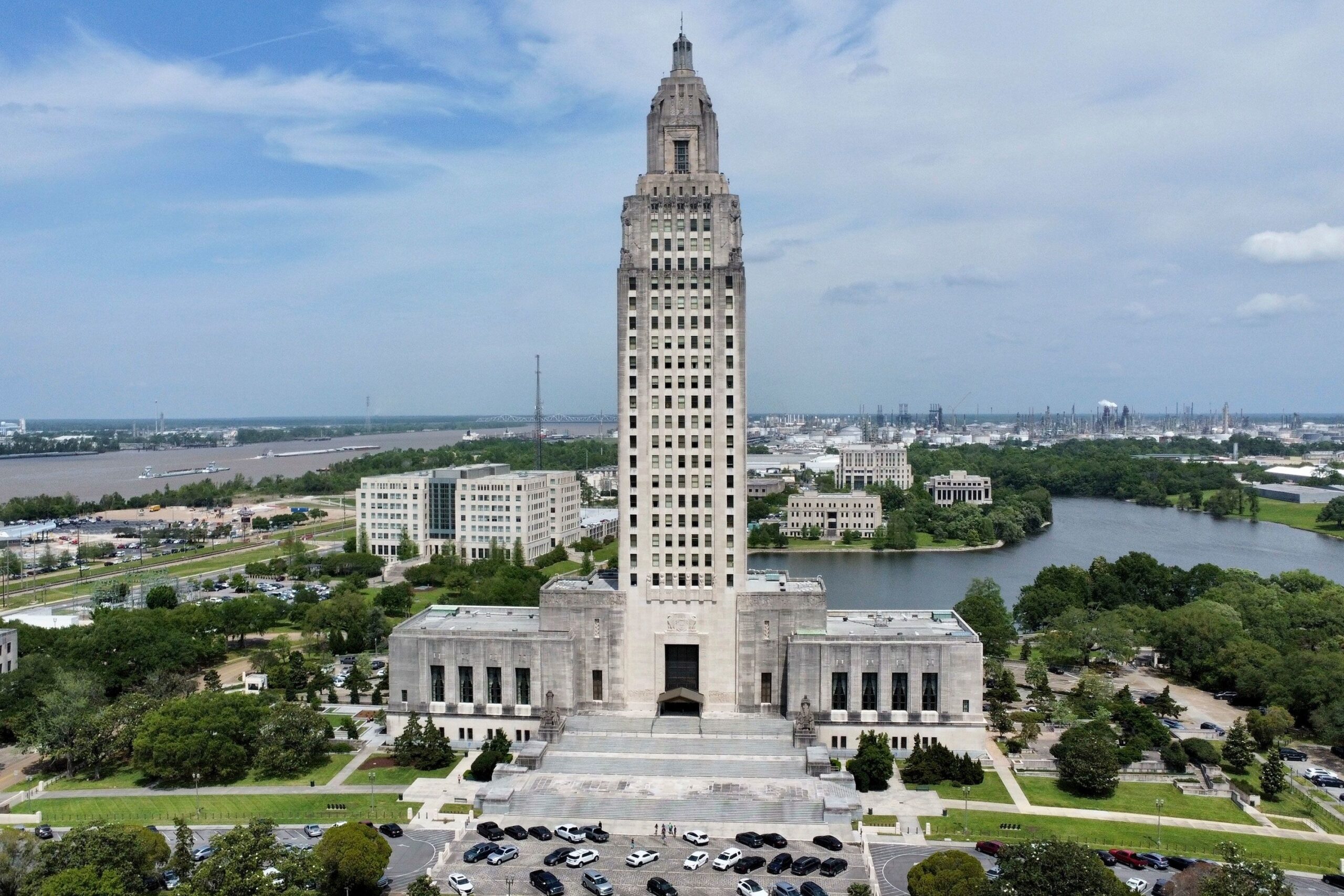
A federal court ruling has left Louisiana without a congressional map just six months before the election, jeopardizing Black voting power for a second time. The ruling stated that adding a second majority-Black district to the state's six-district congressional plan was unconstitutional. This legal fight could have implications for which party controls the US House next year, as the majority-Black district would likely vote for a Democrat. Some Louisiana officials argue that the ongoing legal battle between the Voting Rights Act and constitutional limitations on race-based considerations has put them in a difficult position. Critics argue that the current dispute reveals how procedural delays and other litigative strategies can undermine the Voting Rights Act's protections. The Supreme Court's handling of this case will indicate its tolerance for legal maneuvers that prolong the resolution of redistricting disputes.

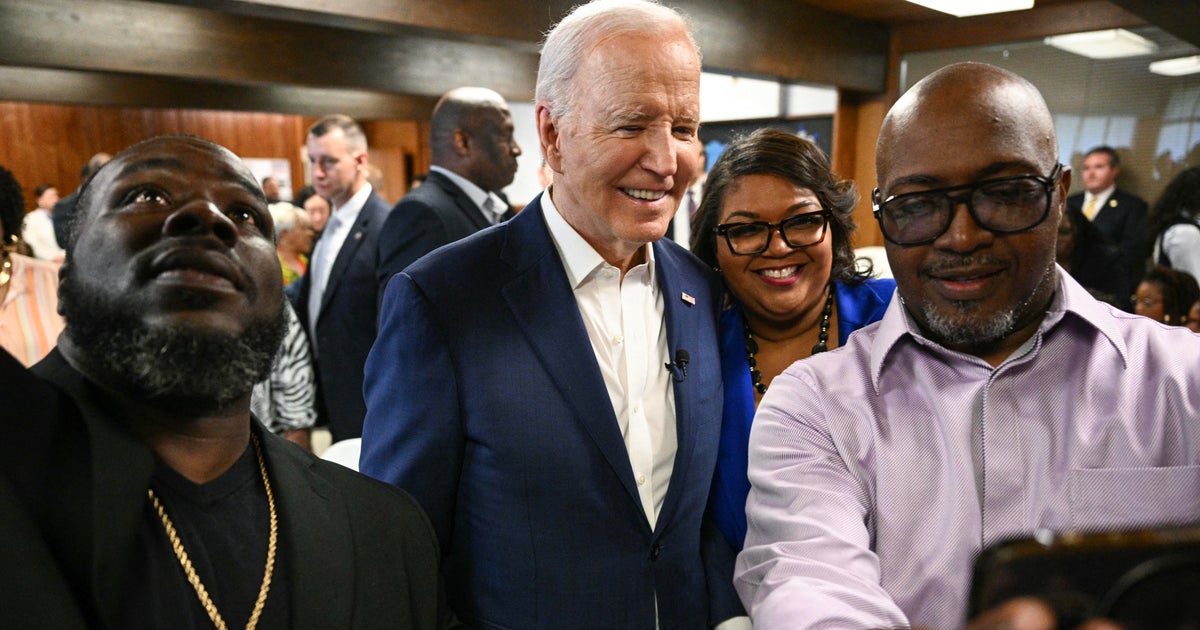
The Biden campaign is stepping up its outreach to Black voters in Wisconsin, as concerns arise about voter turnout. The campaign has announced a seven-figure investment in ad buys in Black, Hispanic, and AAPI media, and plans to have 46 offices across the battleground state. National polling has shown a slight decline in enthusiasm among Black voters, with a decrease in Black voters who say they're "absolutely certain to vote." In a recent CBS News poll, 50% of likely voters in Wisconsin supported Trump, while 49% supported Biden. Some Black organizers in Milwaukee have expressed concerns about apathetic voters who feel that Biden hasn't done enough on the economy, education, and police reform. However, others believe that Biden is ahead in the state, with the Black and Brown community being a key factor.

A progressive law firm has called on the U.S. Attorney's office to investigate two Republican Party staff members over texts they sent prior to the 2020 presidential election. The law firm alleges that the individuals targeted a Milwaukee voting rights group called Souls to the Polls. The texts, which were leaked in a report by the Milwaukee Journal Sentinel, showed the individuals discussing plans to "wreak havoc" with the organization by flooding them with fraudulent requests for rides from Trump voters. The law firm argues that these actions may have violated federal civil rights laws, including the Ku Klux Klan Act, the Voting Rights Act, and the Civil Rights Act. In response, the Wisconsin GOP spokesperson claimed that the text was a joke and stated that the true instigator behind the plan was a "disgraced white supremacist" who has since been fired from his position and accused of sexual assault.

In this article, Aziz Rana discusses the resurgence of anti-imperialism and internationalism on the left in the context of recent protests in solidarity with Palestine. The article highlights the parallels between the current wave of protests and the anti-war and anti-imperialism movements of the 1960s and '70s. Rana notes that the language of empire and decolonization, which was central to the protests of the '60s, is being revived today. The article also explores the challenges and choices facing these movements, including debates over rhetoric and the appropriateness of applying terms like colonialism to contemporary situations. Rana argues that while these debates are important, it is crucial to avoid dismissing entire frameworks and bodies of knowledge. The article concludes by discussing the significance of the return of an overtly internationalist posture on the US left and the potential resonances and divergences with the political moment of the '60s.

Black American voters, who are often considered a key Democratic Party voting bloc, are increasingly showing support for Donald Trump and drifting away from Joe Biden. According to recent polls, black support for Biden is at 69% while support for Trump is at 18%. This shift in support, particularly among black men, could have a significant impact in swing states like Michigan.
Roboma Johnson, a black voter from Michigan, is among those who have decided to support Trump in the upcoming election. Johnson, who works for Detroit's Veterans' Affairs office, is breaking from his family's tradition of supporting the Democratic Party.
This growing trend of black voters putting their faith in Trump has raised questions about the traditional voting patterns of this demographic. While the reasons for this shift in support vary among individuals, frustrations with Biden and a desire for change are common factors.
As the election draws nearer, Kamala Harris and the Democratic Party are making efforts to appeal to black voters and regain their support. However, Trump's ability to attract black voters could ultimately prove advantageous for his campaign.

As we approach the 60th anniversary of Freedom Summer, there are striking similarities between that era and today. Voting rights, which drew white students to volunteer in Mississippi, are now under assault in state legislatures. Anti-war protests continue to occur on college campuses, reminiscent of the activism of the 1960s. The fall presidential election is expected to be a time of struggle and protest. The Freedom Summer Project, which began in 1964, aimed to increase African American voter registration in Mississippi. During the project, volunteers faced violence and intimidation, with several civil rights workers being killed. Voting rights are still under attack today, with restrictions and discriminatory practices being implemented. College campuses have also become the site of protests, focusing on various social and political issues. The article suggests that the current generation of activists must continue the fight for freedom and democracy.
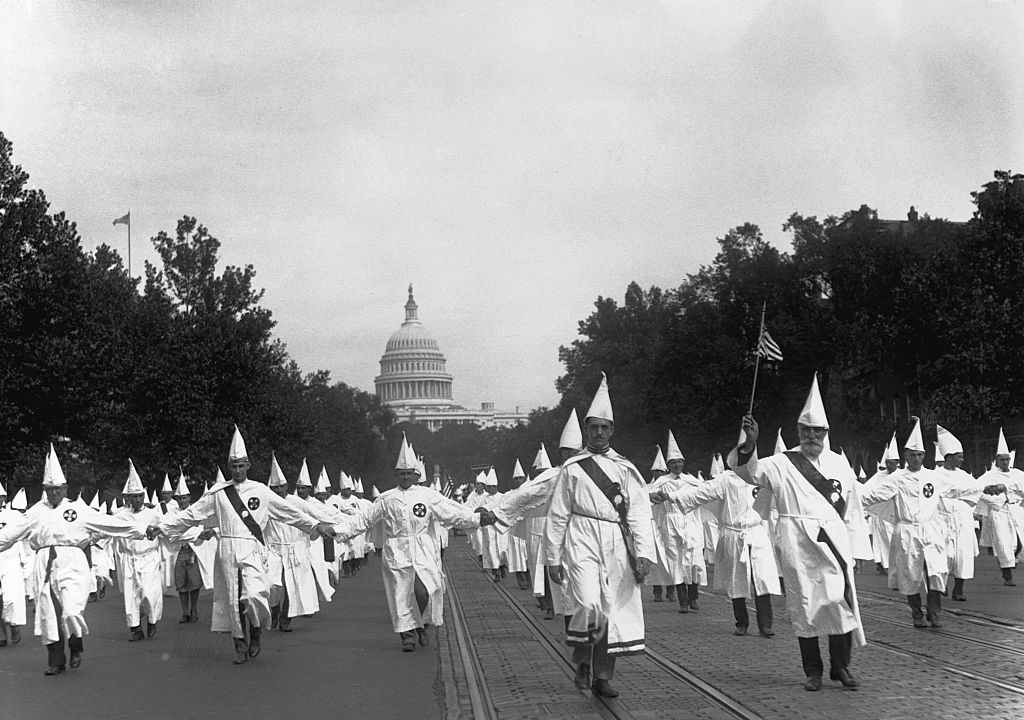
In a closed-door briefing with lawmakers, Republican Rep. Scott Perry claimed that the Ku Klux Klan (KKK) is the "military wing" of the Democratic Party. Perry also suggested that young people misunderstand the Klan as a right-wing organization when it is actually a racist and anti-Semitic group. The article questions why Republicans believe it is relevant which political party started the KKK or supported slavery. It argues that party affiliation doesn't matter and that conservatives are limiting their critical thinking by assuming that the parties have not changed over time. The article also mentions that the KKK was founded in Tennessee, currently a Republican state, and that the descendants of those who owned slaves are most likely to vote Republican. It concludes that Perry's statements highlight the conservative need to lie about Black history and to teach it in a way that un-implicates whiteness.

In this episode of A Word ... with Jason Johnson, renowned writer Ta-Nehisi Coates discusses the Black-Palestinian connection and criticizes the lack of leadership on the Middle East issue. Coates, known for his powerful voice on race and identity in American politics and culture, shares his thoughts on various topics, including the diss track battle between Drake and Kendrick Lamar, campus protests over the Middle East, and the limits and necessity of participating in electoral politics. Here are some highlights from the episode:
• Ta-Nehisi Coates discusses the Black-Palestinian connection and emphasizes the importance of solidarity between these marginalized communities.
• He criticizes the lack of leadership on the Middle East issue and calls for a more nuanced and informed approach to understanding the conflict.
• Coates reflects on the diss track battle between Drake and Kendrick Lamar and explores the cultural and political implications of their feud.
• He delves into the significance of campus protests over the Middle East and the role of activism in shaping political discourse.
• Coates discusses the limitations and necessity of participating in electoral politics, highlighting the need for structural change beyond voting.
Overall, this episode offers insightful and thought-provoking discussions on racial dynamics, activism, and the complexities of contemporary politics.

A Black teen in Louisiana will receive a $185,000 judgment in his civil rights lawsuit after witnessing the violent arrest of his mother by police officers in 2020. The jury found that a deputy from the St. Tammany Parish Sheriff's Office intentionally inflicted emotional distress on the teen, De'Shaun Johnson, while he was filming the arrest of his mother, Teliah Perkins. The incident occurred when Johnson was just 14 years old and video footage shows him being threatened with a Taser by the deputy when he attempted to record the arrest. The ruling comes after the Fifth Circuit Court of Appeals initially ruled against Johnson and his mother in 2023. Johnson expressed his pride and stated that the win brings him peace and joy. The incident highlights the need for accountability for law enforcement officers and the ongoing fight for justice in cases of police misconduct.
Highlights from the article:
• Black teen awarded $185,000 in civil rights lawsuit for witnessing violent arrest of his mother
• Jury found that deputy intentionally inflicted emotional distress on the teen while he was recording the arrest
• Incident occurred when the teen was 14 years old, and he was threatened with a Taser when attempting to film
• Ruling comes after initial ruling against the teen and his mother in 2023
• Case highlights the need for accountability for law enforcement officers and ongoing fight for justice in cases of police misconduct
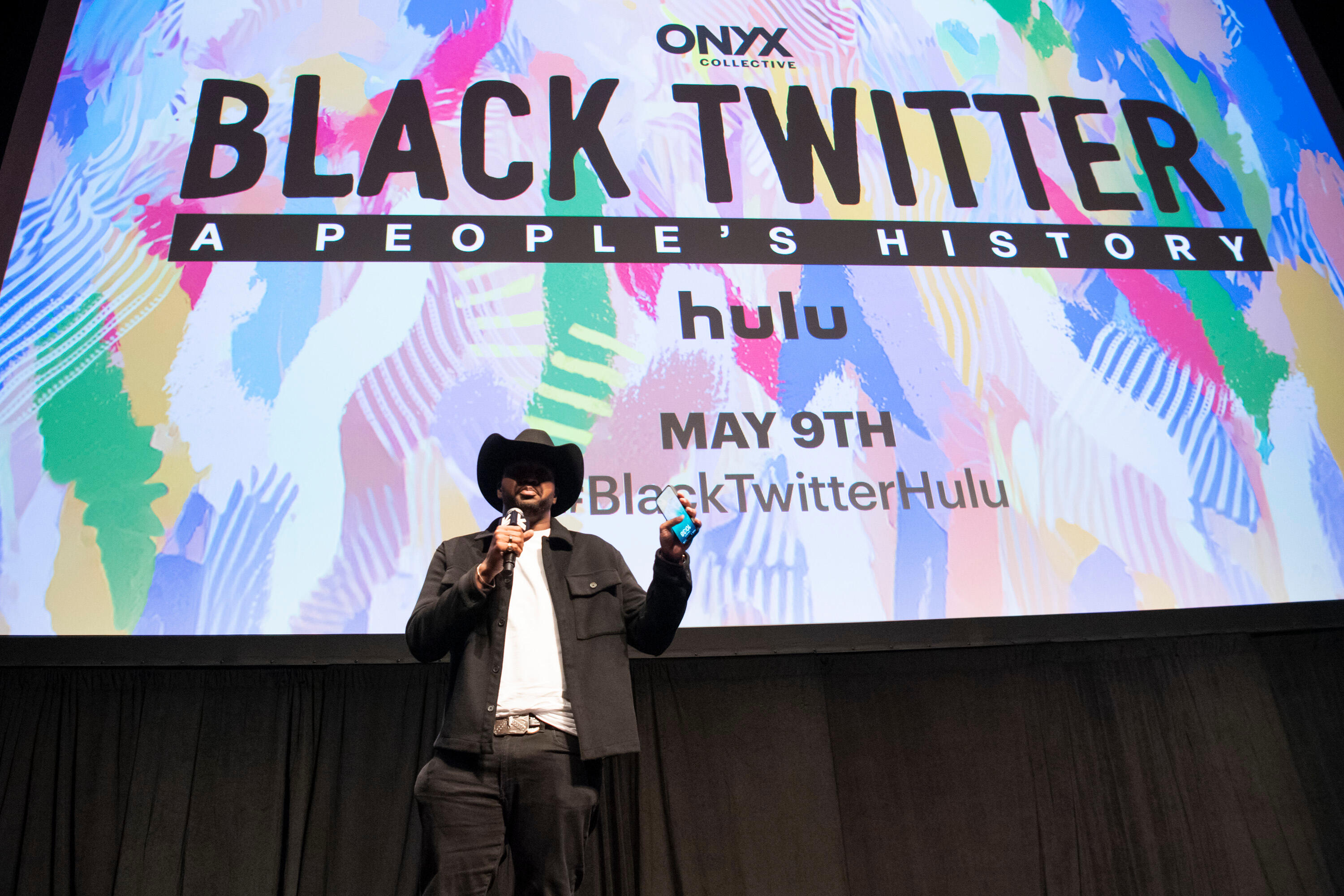
The article discusses a three-part docuseries called "Black Twitter: A People's History" that attempts to chronicle the rise and impact of Black Twitter, the online community of Black users on the social media platform. The series is based on journalist Jason Parham's 2021 WIRED article "A People's History of Black Twitter." However, the author argues that the docuseries falls short in its portrayal of Black Twitter and its association with a specific era that supposedly no longer exists.
• The series treats Black Twitter as a monolithic entity, ignoring the diversity of opinions and beliefs within the community.
• The docuseries connects the rise of Black Twitter to the ascension of Barack Obama to the presidency, failing to acknowledge earlier instances of Black activism online.
• The series emphasizes the negative impact of the Trump presidency on Black Twitter, but fails to recognize the ongoing innovation and activism within the community.
• The author argues that the series is unable to capture the true legacy of Black Twitter because it is still evolving and creating change in real-time.
• The author concludes that if anyone will save us, it's the current generation of young people who came of age on Black Twitter, not the platform itself.

As we close this chapter, let's carry forward the momentum for change. Keep sharing, keep learning, and keep taking action. Together, we are unstoppable.
Thank you |
Please support |
"Introducing 'Knox Discovers Democracy' – a delightful journey through the USA political process tailored for young children. Join Knox as he embarks on an adventure to learn about democracy, elections, and the power of voting. Through colorful illustrations and engaging storytelling, children will explore the importance of civic engagement and discover how their voices can shape the future. Get ready to inspire the next generation of active citizens with Knox's empowering tale!" Free ebook download Link below |
